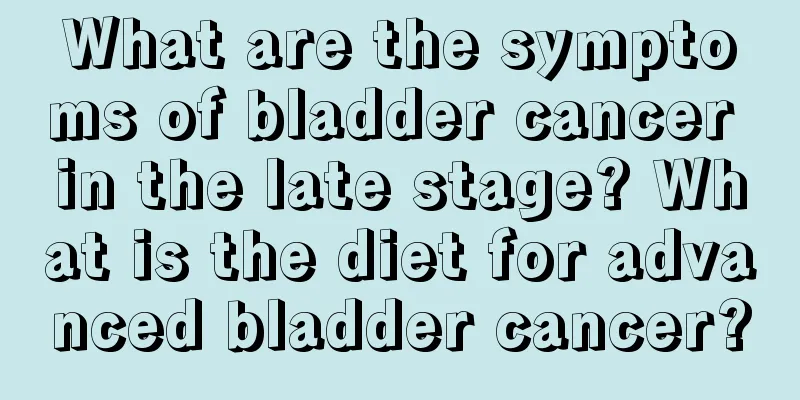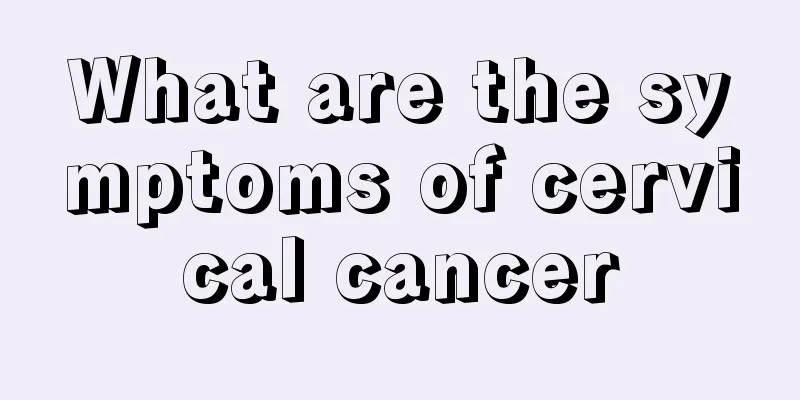Routine nursing care after laryngeal cancer surgery

|
Routine nursing after laryngeal cancer surgery? The principle of surgical treatment of laryngeal cancer is to reconstruct and restore the three major functions of the larynx, namely, pronunciation, breathing and swallowing, as much as possible, under the premise of completely removing the tumor, so as to achieve the goal of curing the cancer and improving the patient's quality of life after surgery. Therefore, except for larger or more advanced tumors, various laryngeal resections should be used to remove the tumor as much as possible, and neck lymph node dissection should be performed at the same time for patients with cervical lymph node metastasis; selective neck dissection or zonal neck lymph node dissection should also be performed for supraglottic laryngeal cancer with no lymph node enlargement. Postoperative care routine for laryngeal cancer? 1. Avoid increasing wound tension: Lie flat before waking up from general anesthesia, and raise it 10 to 30 degrees after waking up. Tilt the head forward and do not turn the head and neck significantly to avoid excessive tension that affects wound healing. 2. Tracheotomy care: Aspirate bloody secretions in the trachea promptly and clean the cannula in time, change the cannula and boil it for disinfection every day, change the dressing, and disinfect the area around the wound with 75% alcohol twice a day. In addition, the air should be humidified. When the secretions are viscous, dilute the mucus-diluting drugs to keep the airway open. 3. Observe wound bleeding: report any problems to the doctor immediately and record the fluid intake and output for 24 hours after surgery. 4. Rational use of antibiotics after surgery: perform good oral care, once in the morning and once in the evening after surgery, reduce unnecessary movement of people in the ward, and perform regular ultraviolet disinfection. 5. Supportive therapy: intravenous administration of amino acids, fat emulsion, glucose, etc.; nasogastric feeding: liquid food, such as mixed milk, fruit juice, etc., can be taken 4 to 6 hours after waking up from general anesthesia. The gastric tube is usually removed in 7 to 14 days. 6. Prevent the formation of pharyngeal fistula and false passage: due to the stimulation of the gastric tube, oral secretions increase in patients with nasogastric feeding, causing patients to swallow frequently or feel nauseous. Vomiting, so advise the patient to reduce swallowing movements, suck out or spit out saliva when there is a lot of saliva, and inject atropine as prescribed by the doctor if necessary to prevent pharyngeal fistula. If the gastric tube is prolapsed, do not insert it forcibly to prevent the formation of a false passage, so as not to affect wound healing.7. Early activities: After major laryngeal cancer surgery, patients should do active limb activities in bed within 3 days, get out of bed and move around 4 days after surgery, and be able to do basic activities on their own in about 1 week. 8. Swallowing function training: Before removing the gastric tube, eat a small amount of mushy food for 1 to 2 days. If there is no choking or less choking during the feeding, the gastric tube can be removed and the patient can eat mushy food for 2 to 4 weeks. |
<<: What are the symptoms of laryngeal cancer in babies
>>: Symptoms of laryngeal cancer in children
Recommend
How to make fabric roses
We envy others' exquisite craftsmanship very ...
Exercise can help bone cancer patients recover
Bone tumors are tumors that occur in bones or the...
What can roses be used for
Beautiful flowers like roses are usually gifts gi...
The difference between Astragalus and Astragalus Extract
If you have some knowledge about Chinese medicine...
What is the treatment method for erosive gastritis?
At present, many people suffer from stomach probl...
For red and swollen acne without pus
Many people don’t know how to deal with red and s...
Pathogenic factors of nasopharyngeal carcinoma
What are the risk factors for nasopharyngeal canc...
Tips for preventing rice from insects
If rice is stored at home for too long, it is eas...
What are the effects of sweet potato leaves
Sweet potato leaves can actually be cooked as a f...
Are chemical fiber fabrics harmful to the human body?
In fact, in our country there are many people who...
What are the sequelae of radiotherapy for tongue cancer
What are the sequelae of radiotherapy for tongue ...
Inflammation caused by wisdom teeth
Growing wisdom teeth is a very common thing and i...
Advantages and disadvantages of diamond microcrystalline stone
When we decorate our homes, there are many produc...
Nursing measures for osteosarcoma
In clinical treatment, the reason why the physica...
What are the effects and functions of soaking your feet in vinegar and garlic?
People do a lot of health-preserving things in th...









